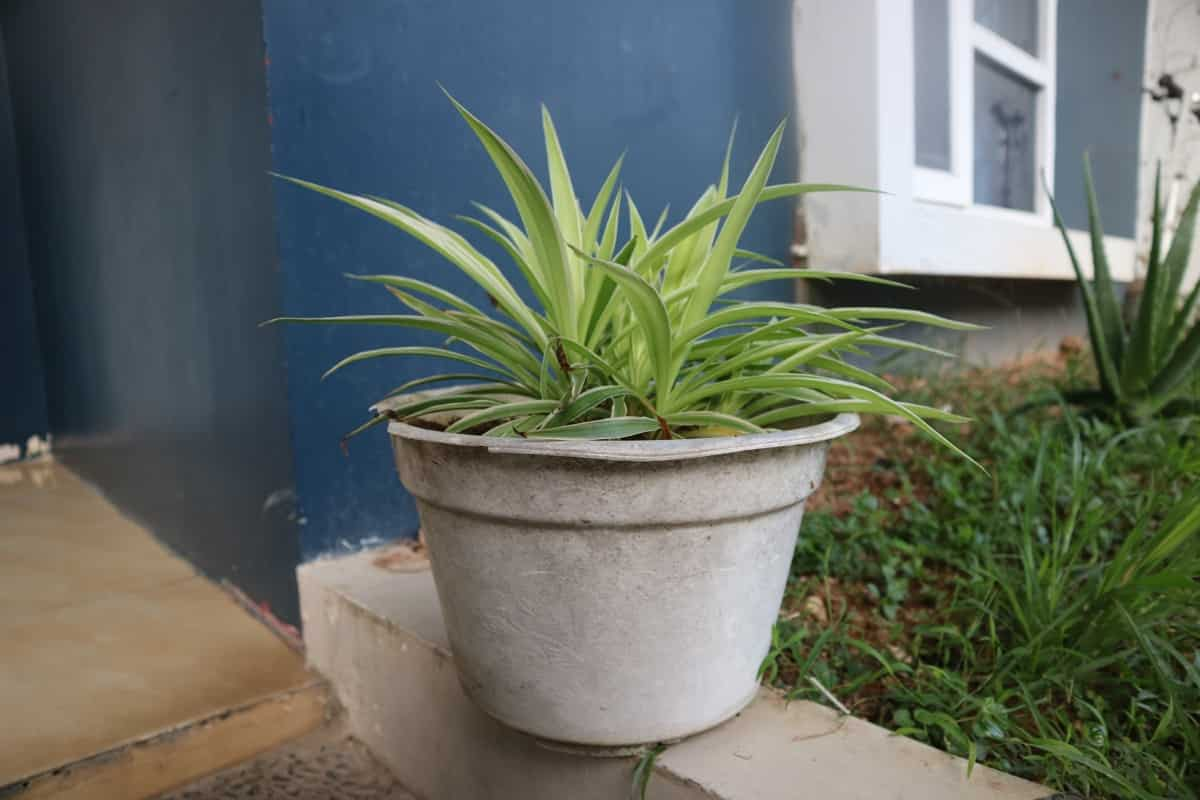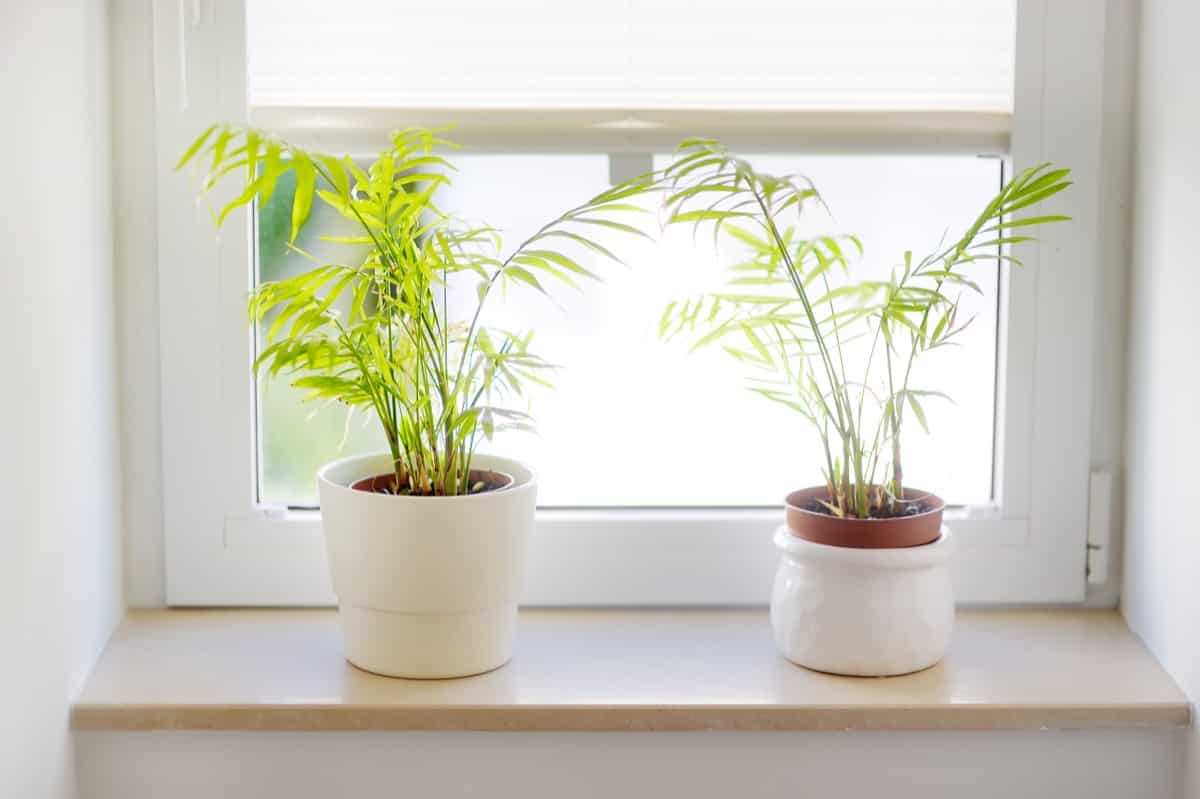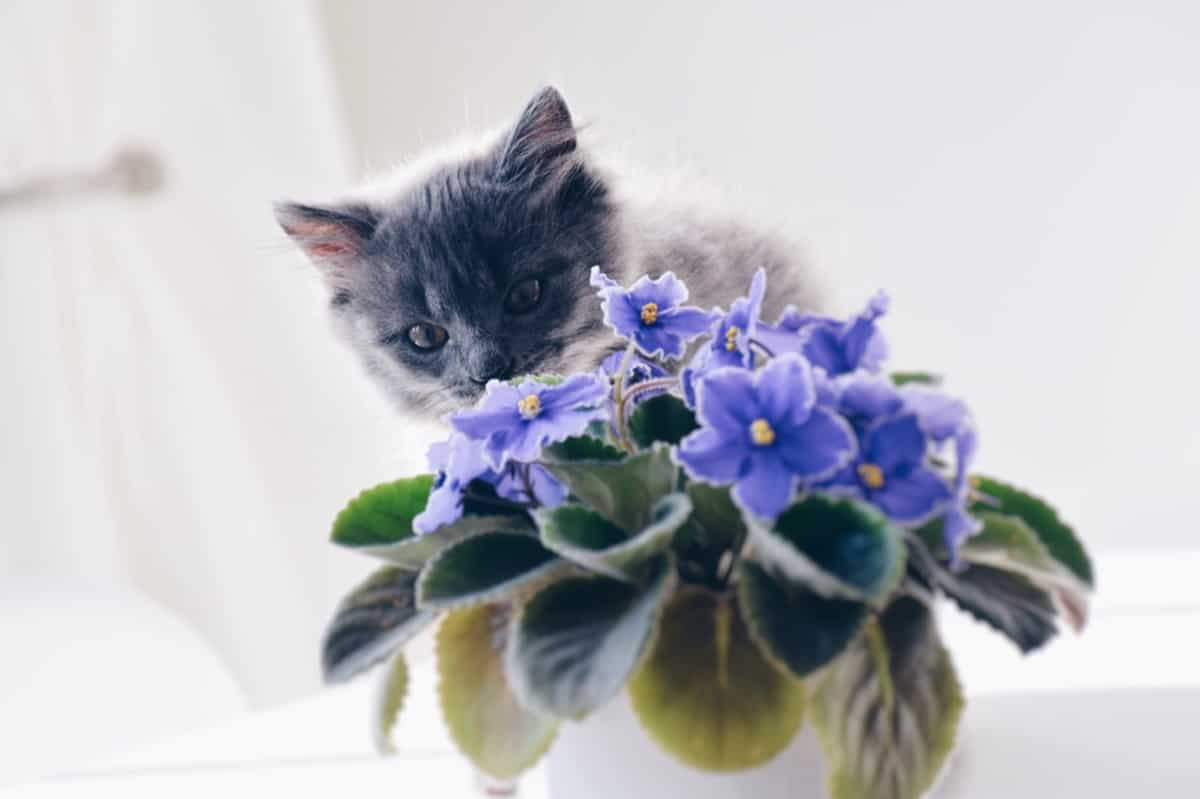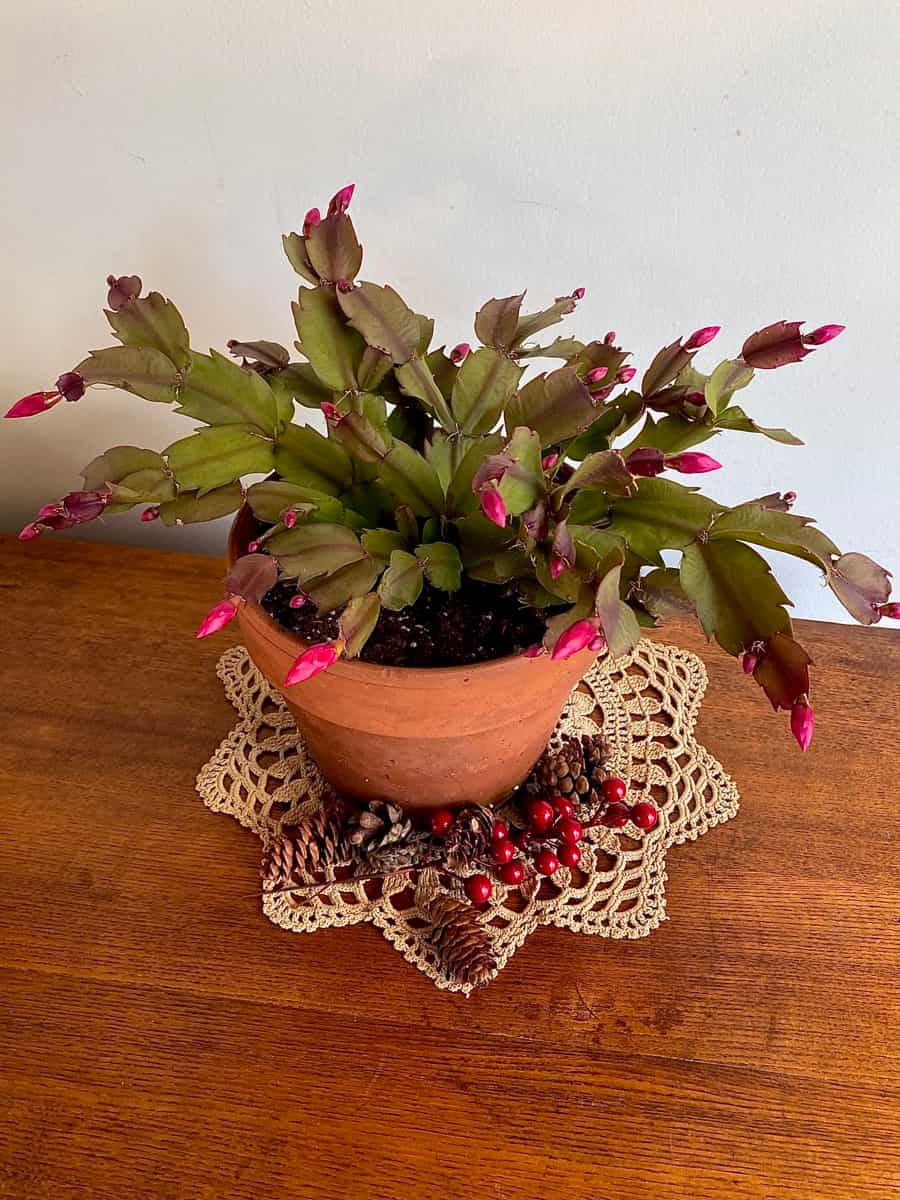Introducing your cat to houseplants can be an exciting and enriching experience for you and your furry friend. Adding houseplants safe for cats to your home can provide numerous benefits for your feline friends and you. Not only do these plants help purify the air, but they also create a calming and natural environment that cats love.
Always research each plant before introducing it into your home, as some may cause mild irritation or allergies in sensitive cats. Additionally, monitor your cat’s behavior around new plants to ensure they do not show any discomfort or attempt to nibble on them. By selecting cat-friendly and pet-safe indoor plants, you can enjoy the beauty of nature while keeping your furry companions safe from harmful toxins. Proper care for these plants will also help them thrive and continue enhancing the atmosphere of your home.
Understanding the Importance of Non-toxic Houseplants
Cats are curious creatures known for exploring every nook and cranny of their surroundings. Choosing cat-friendly and pet-safe indoor plants ensures your feline companion’s well-being and adds a touch of natural beauty to your home. When selecting houseplants, consider toxicity levels, ease of care, and suitability for indoor environments. Opting for non-toxic houseplants lets you know that even if your curious kitty decides to take a taste test, it won’t suffer any harm.
Factors to Consider When Choosing Cat-Friendly and Pet-safe Indoor Plants
When choosing cat-friendly houseplants, there are a few important factors to consider. First and foremost, you’ll want to ensure that the plant you select is non-toxic to cats. This means avoiding plants that contain substances that could be harmful if ingested by your furry friend. Another factor to consider is the level of care required for the plant. Opting for low-maintenance houseplants may be your best bet if you’re not exactly known for having a green thumb.
There are plenty of options out there that can thrive with minimal attention and still provide a safe environment for your cat. Additionally, it’s important to consider your space’s size. Some plants can grow quite large or have sprawling leaves that could pose a risk to curious kitties trying to nibble on them or knock them over. Think about the overall aesthetic appeal of the plant. After all, you want something beautiful and visually pleasing in your home while ensuring your beloved pet’s safety.
Best 10 Non-toxic Houseplants for Cats
Peace Lily: a Safe and Beautiful Houseplant for Cat Owners
Peace Lilies are stunning additions to any indoor space and are safe for your feline friends. Peace Lilies bring beauty and tranquillity to your home with elegant white flowers and glossy dark green leaves. These non-toxic houseplants are great for cat owners who want to create an inviting and pet-friendly environment. One of the reasons why Peace Lilies are safe for cats is that they do not contain dangerous chemicals or toxins that can cause harm if ingested.
Spider Plant: Are Spider Plants Toxic to Cats?
With their long, arching leaves and delicate white flowers, Spider plants are a popular indoor greenery choice. While Spider plants contain certain compounds that can be mildly irritating to pets if ingested in large quantities, they are not typically toxic or harmful. The Spider plant is one of the hanging plants safe for cats. Many cats seem to enjoy chewing on the leaves of these resilient houseplants. However, it’s always important to monitor your cat’s behavior around any plant and ensure they don’t consume excessive amounts.

Boston Fern: Are Boston Ferns Toxic to Cats?
If you’re a cat owner looking to add some greenery to your home, you may have wondered whether Boston Ferns are safe for your furry friend. Boston Ferns are popular houseplants known for their feathery fronds and graceful appearance. This plant is one of the Low light indoor plants safe for cats. They can thrive in low-light conditions, making them perfect for indoor spaces. While they may be a bit high-maintenance regarding humidity levels and watering requirements, they make up for it with their pet-friendly nature.
Boston Ferns pose no such risk, unlike some common houseplants that can cause digestive issues or more serious health problems if ingested by cats. So even if your curious kitty decides to nibble on one of the fronds (as cats often do), there’s no need to panic. However, watching your cat’s behavior around plants is always important. Some cats may still develop mild stomach upset from eating large amounts of plant material or chewing on leaves excessively.
Areca Palm: a Tropical Delight That is Safe for Cats
The Areca Palm features feathery fronds that create a lush and vibrant look. Not only is the Areca Palm aesthetically pleasing, but it also offers several benefits for both you and your feline friend. Areca Palm plant acts as a natural air purifier by removing toxins, creating a healthier environment for everyone in your household.
In case you missed it: Types of Outdoor Palm Plants: Best for Pots and the Ground

Keeping the soil consistently moist without overwatering is key when caring for an Areca Palm. Regular misting can help maintain humidity levels and promote healthy growth. Remember to place this pet-safe plant out of reach of curious kitties who may be tempted to chew on its leaves. While non-toxic, ingesting large amounts could still lead to stomach upset in cats.
Bamboo Palm: Enhancing Indoor Air Quality Without Harm to Cats
The Bamboo Palm is non-toxic to cats and dogs alike. So, if your feline companion has a habit of nibbling on plants, you can rest easy knowing that this beautiful houseplant won’t harm them. It is one of the Large houseplants safe for cats. In addition to its pet-friendly nature, the Bamboo Palm is also an excellent choice for purifying indoor air.
It absorbs harmful volatile organic compounds like formaldehyde and benzene, commonly found in household products and furniture. With its elegant fronds and slender stems, the Bamboo Palm adds a touch of serenity and tranquillity to any space.
African Violet: a Colorful and Non-toxic Addition to Your Home
African Violets are not only stunningly beautiful, but they also make a wonderful addition to any cat-friendly home. These vibrant and colorful plants will brighten any room with their delicate blooms and lush green leaves. One of the best things about African Violets is that they are completely non-toxic to cats, making them the best choice for pet owners. These plants thrive indoors, making them perfect for those who prefer to keep their feline friends indoors. They need minimal care and attention, making them an ideal option for busy cat owners.
In case you missed it: African Mask Plant Care: Pruning, Propagation, and Fertilizer

Parlor Palm: Low-maintenance Greenery for Cat Owners
If you’re a cat owner looking to add some greenery to your home, the Parlor Palm is an excellent choice. The Parlor Palm is non-toxic to cats, so you can know that your furry companion won’t be harmed if they take a nibble. This makes it an ideal houseplant for cat owners who want to bring nature indoors without compromising their pet’s safety.
One of the reasons why Parlor Palms are popular among cat owners is their low-maintenance nature. They thrive in average room temperatures and prefer indirect light, making them suitable for various indoor environments. These plants don’t require frequent watering; allowing the soil to dry out slightly between waterings will keep them happy.
Christmas Cactus: Are Christmas Cactus Toxic to Cats?
These beautiful plants feature vibrant flowers that bloom during the holiday season, adding a touch of color and cheer to your indoor space. Their unique appearance often makes them stand out among other houseplants. In addition to being safe for cats, Christmas Cacti are relatively low-maintenance plants.
In case you missed it: Best Cactus Landscaping Ideas: Strategies and Techniques

They thrive in bright indirect light and prefer well-draining soil. It’s important not to overwater them; allow the top inch or so of soil to dry out before watering again. Remember that while Christmas Cacti are generally safe for cats, monitoring their behavior around any new plant is always wise.
Friendship Plant: Sharing Your Space With a Pet-friendly Companion
Friendship Plant is a delightful addition to any cat-friendly household. This charming plant adds a touch of greenery to your living space and provides a safe and pet-friendly environment for your furry friend. With its unique round-shaped leaves adorned with intricate patterns, the Friendship Plant will surely catch your eye. Its vibrant green foliage creates a beautiful contrast against its reddish stems, making it an attractive choice for indoor decor.
One of the best things about the Friendship Plant is that it is non-toxic to cats. So, you can have peace of mind knowing that even if your curious feline decides to give it a nibble or play around with its leaves, no harm will be done. This hardy plant thrives in medium-light conditions and prefers slightly moist soil. It can tolerate some neglect and does well in temperature-controlled environments. The Friendship Plant will reward you with lush growth throughout the year if you provide regular watering and occasional misting.
Peperomia: Compact and Non-toxic Houseplant Option
Peperomia is a fantastic option for cat owners who want to add some greenery to their indoor spaces without compromising the safety of their furry friends. This compact and non-toxic houseplant looks adorable and brings a touch of nature into your home. With its thick, fleshy leaves and variety of colors and textures, Peperomia can easily brighten up any room. Whether you choose the classic green varieties or the variegated ones with splashes of yellow or red, these plants will catch your eye.
One great thing about Peperomia is that it requires minimal care and attention. It thrives in moderate lighting conditions and does not need frequent watering. This makes it an ideal choice for busy cat owners or those who may not have a green thumb. Another advantage of having Peperomia as a houseplant is that it is safe for cats. Unlike other popular indoor plants that can be toxic if ingested by our feline friends, Peperomia poses no threat to their health.
Conclusion
Houseplants can be a wonderful addition to any home, but ensuring they are safe for our furry friends is crucial. By choosing non-toxic houseplants, you can enjoy the beauty of indoor greenery without compromising your cat’s health. Always research and double-check if a plant is safe before bringing it into your home.
Consider factors such as toxicity levels and accessibility when selecting new additions to your plant collection. Creating an environment where you and your feline companion can thrive is possible with careful consideration and a proper selection of non-toxic houseplants. Enjoy the benefits of nature indoors while keeping your beloved kitty safe at all times.
- Feed Your Flock for Less: Top 10 Tips to Save on Chicken Feed
- Ultimate Guide to Ossabaw Island Hog: Breeding, Raising, Diet, and Care
- Hatching Answers: The Top 10 Reasons Your Chickens Aren’t Laying Eggs
- Eggs and Economics: Breaking Down the Cost of Raising Backyard Chickens
- Defend Your Greens: Proven Methods to Keep Iguanas Out of Your Garden
- Ultimate Guide to Cinnamon Queen Chicken: A Comprehensive Guide for Beginners
- Ultimate Guide to California Tan Chicken: Breeding, Raising, Diet, Egg-Production and Care
- Ultimate Guide to Marsh Daisy Chicken: Breeding, Raising, Diet, and Care
- 10 Types of Chicken Farming Businesses You Can Start for Profits